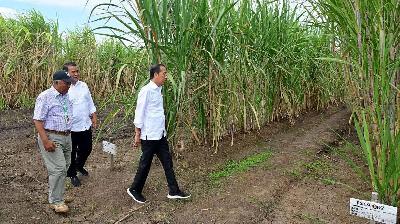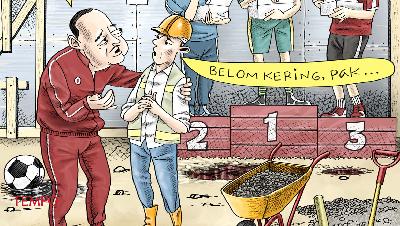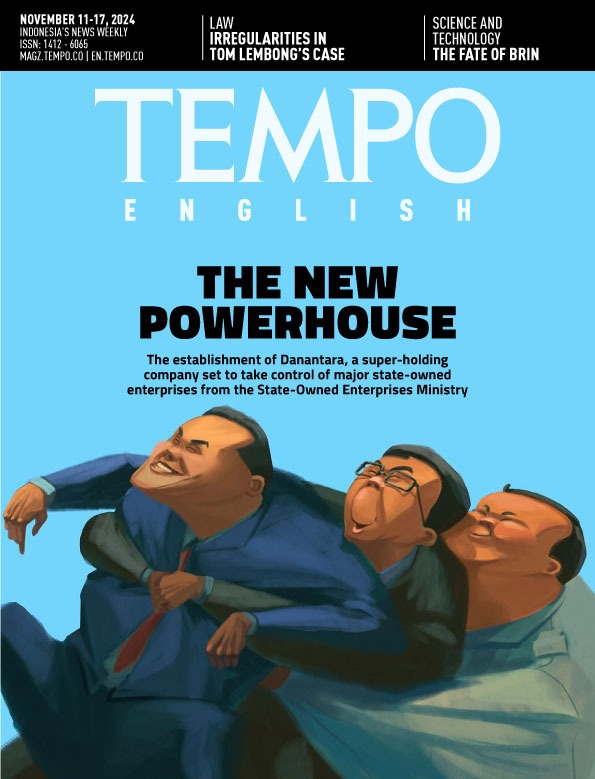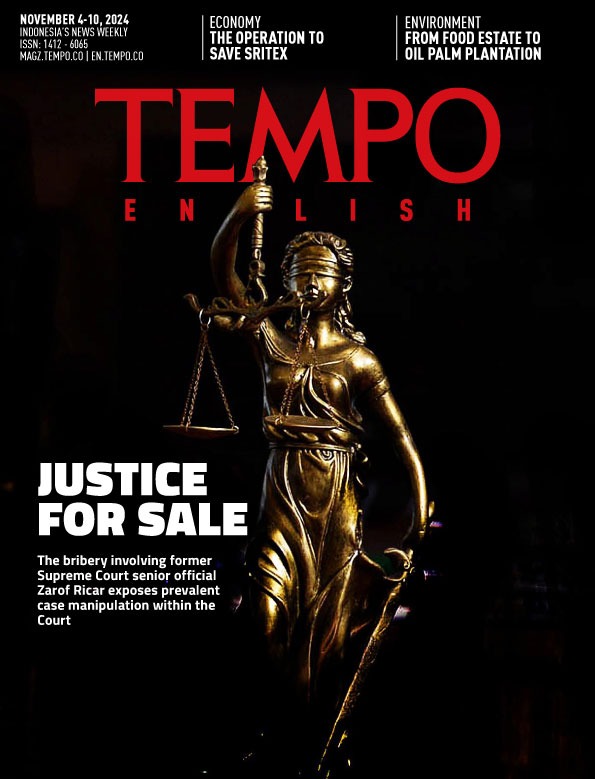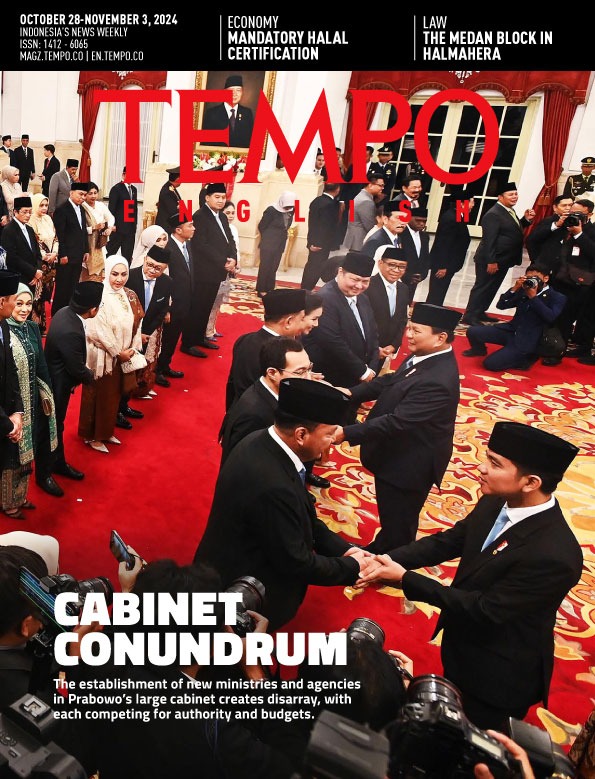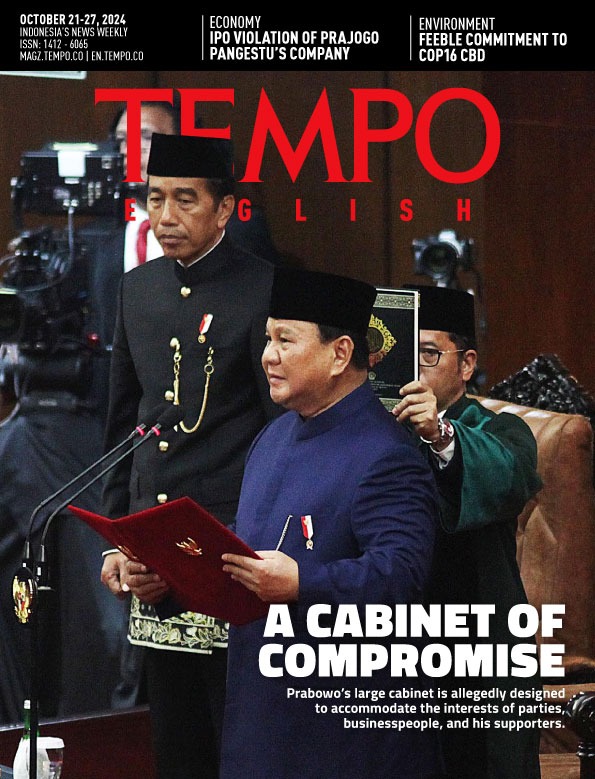Why Do We Import Rice?
Monday, September 23, 2024
Why do we still import rice from Vietnam? Is Indonesia not an agricultural country?
arsip tempo : 173144363483.

Why Do We Import Rice?
I LIVE in a housing complex surrounded by wide, green rice fields during the planting season. When harvest season comes, the fields turn golden yellow. Every morning, I can walk along the edges of the fields, having brief conversations with farmers. With cheerful faces, they talk about the challenges of irrigating the fields during the dry season, the high price of fertilizers, and how the price of rice still has not provided enough profit to truly improve their welfare.
However, every conversation always ends with expressions of gratitude to the God Almighty for the modest fortune they are still blessed with. Farmers, rice, and fields are iconic of Indonesia as an agricultural country. An agricultural country? There are questions that remain unanswered, why is the price of rice so high? Why do we still import rice from Vietnam?
South Korea has a social policy in the agricultural sector and a corporatist approach to agrarian reform, including land reform, tight protectionism for farmers, price support for food, and subsidies for producers. It is part of an income maintenance program for rural Chinese residents within the framework of their five-year economic and social development plan. Villages and agriculture have a special place in national development. The social policy strategy supporting low-income rural residents aims to lift them out of poverty and inequality. China’s development spirit has made rural areas beautiful and pleasant places to live.
Indonesia needs to reach the target of poverty reduction of 7.5 percent. Social assistance, one strategy for reducing poverty, is only a temporary solution and cannot lift people out of permanent poverty. Another strategy is to increase income and empower communities. This can start with rural areas and the agriculture sector. Villages and agriculture must prioritize national-scale socio-economic transformation.
Kosmantono
Banyumas, Central Java
Retrospective on Prophet Muhammad’s Birth Anniversary
INDONESIA is currently facing a transition in national and regional leadership, including changes in cabinets and local government offices. As citizens, it is worth considering how to use the significant occasion of the Prophet Muhammad’s birthday as a reminder for our nation and people to strive for improvement. This is certainly the hope of us all.
We recognize the qualities of leadership exemplified by the Prophet, which include sidiq (honesty, anti-corruption), amanah (trustworthiness, responsibility), tabligh (communicative, actively conveying messages), and fathanah (intelligence, creativity, competence).
In today’s era, there are also aspects of the Prophet’s leadership that are worthy of reference, including tolerance, collaboration, and unity in diversity. These principles are enshrined in the Medina Charter.
Moreover, the Prophet was destined to be a role model free from dynastic leadership, as he was born an orphan. His father, Abdullah, passed away while the Prophet was still in the womb of his mother, Aminah. Muhammad also did not have any surviving sons, as all three of his male children died in infancy.
Dr. Soen’an Hadi Poernomo
Pasar Minggu, South Jakarta




